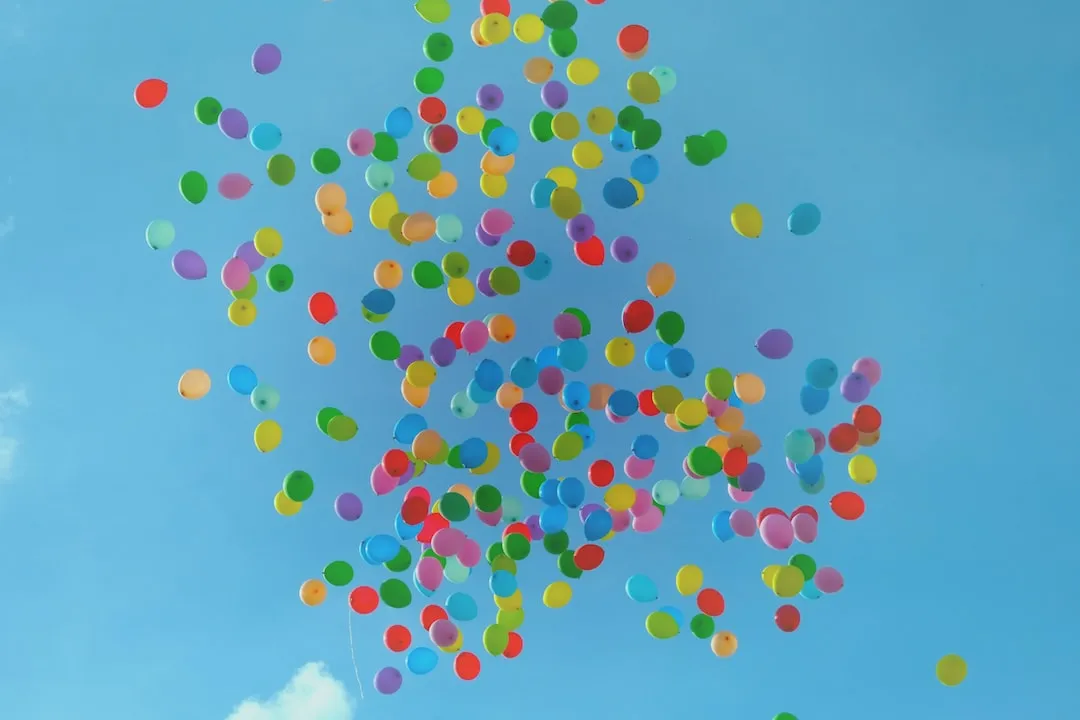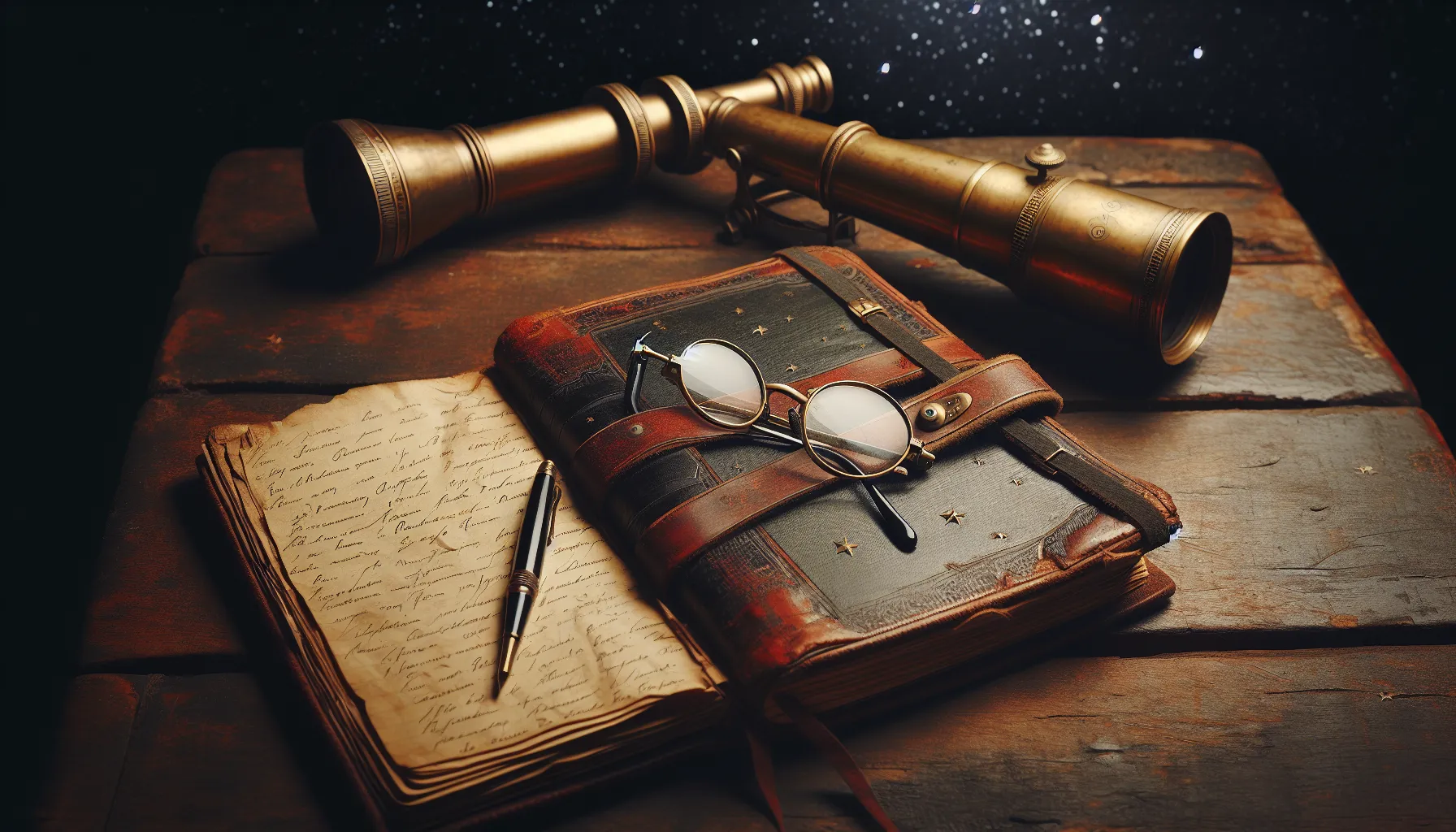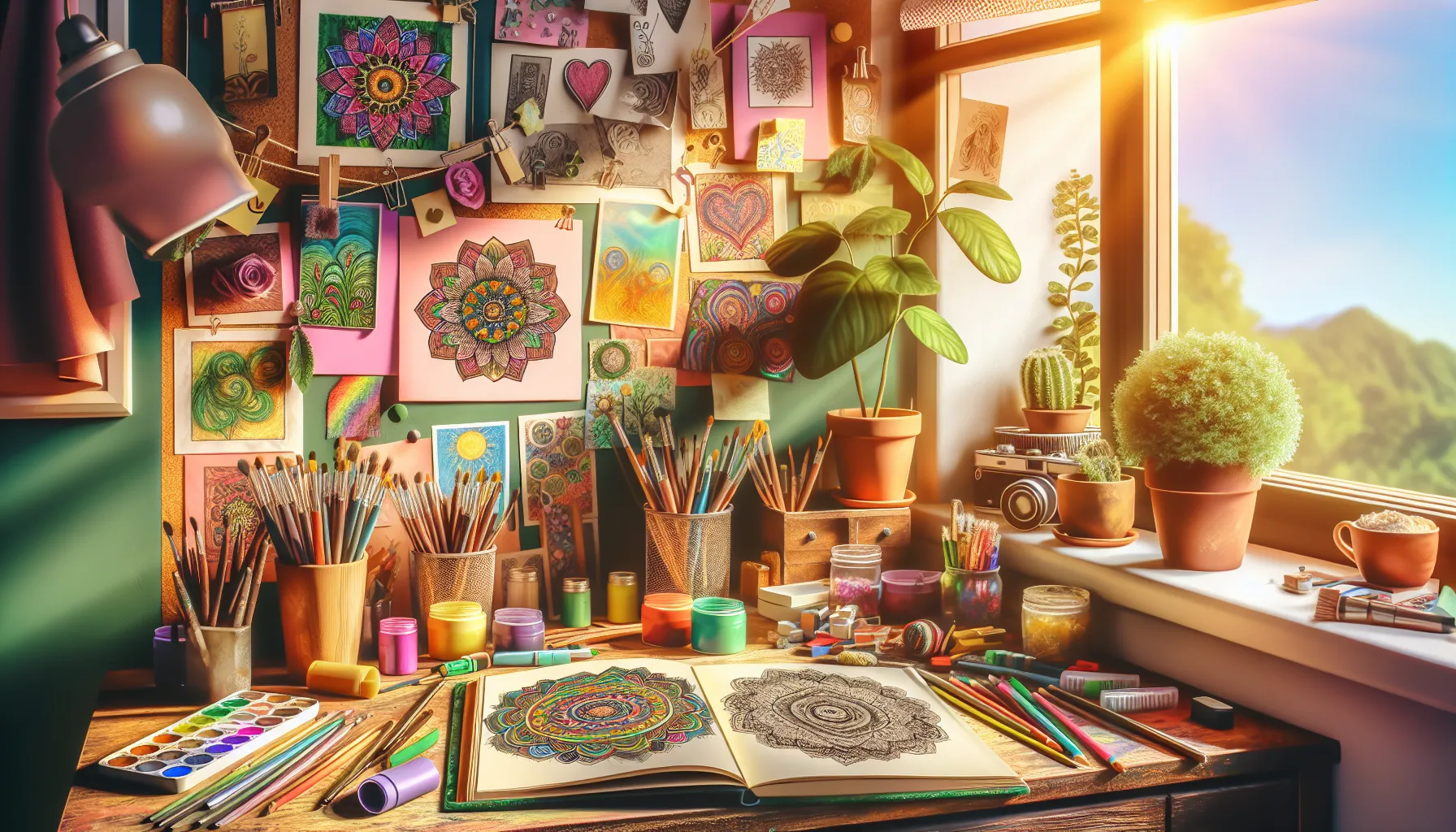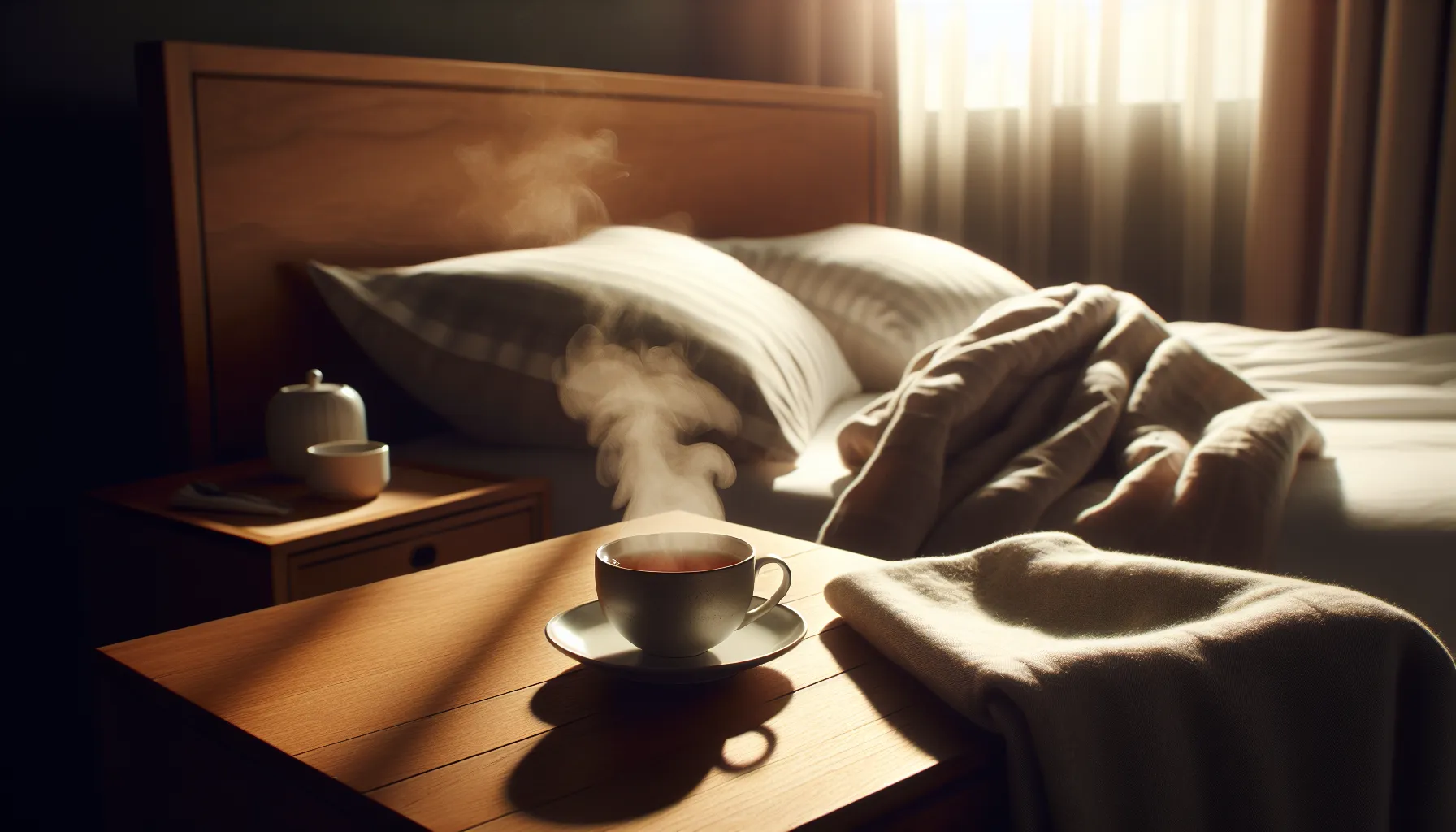What’s Your Philosophy on Material Possessions and Happiness?
To delve into the complex relationship between material possessions and happiness, we sought insights from six diverse professionals, including a Website Developer and a CFO. Their perspectives range from how possessions can enhance experiences and activities, to valuing safety and freedom over luxury. Explore these six unique viewpoints to gain a deeper understanding of this intriguing topic.
- Possessions Enhance Experiences and Activities
- Prioritize Relationships Over Possessions
- Appreciate What You Have With Minimalism
- Notice the Transient Joy of Material Possessions
- Balance Material Comfort With Personal Growth
- Value Safety and Freedom Over Luxury
Possessions Enhance Experiences and Activities
Material possessions serve a purpose in helping me do something that brings happiness to my life. For example, the material possessions that bring me the most joy are those that are related to outdoor activities.
My bike is a material possession, but it’s not necessarily the bike that evokes happiness; it’s the travel and adventures that I do on it.
When it comes to material possessions, I only really buy things that elevate my experience of life. Another example would be high-quality hiking bags or walking boots. These items bring great joy and add layers of comfort to an activity.
Material possessions, like those I’ve mentioned here, also last for years and build in sentimental value, which in turn, brings happiness.
 Stewart Law
Stewart Law
Website Developer and Tech SEO, Road to Frame
Prioritize Relationships Over Possessions
As a mom with a 13-year-old and a spouse, my perspective on material possessions and happiness has evolved. I used to equate possessions with joy, but now I prioritize relationships and experiences.
While possessions offer comfort and convenience, they aren’t the foundation of lasting happiness. Family bonds, shared moments, and personal growth bring true fulfillment. Traveling, pursuing hobbies, and supporting each other’s dreams create lasting joy.
Material possessions have their place, but they should never be the main source of happiness. True contentment lies in the love, connection, and shared experiences we cultivate within our family.
 Phoebe Mendez
Phoebe Mendez
Owner, Pinay Mama
Appreciate What You Have With Minimalism
In my perspective, the relationship between material possessions and happiness is deeply intertwined with minimalism. The pursuit of happiness should not be centered around accumulating more stuff, but rather in appreciating what we already have.
Adopting minimalism has taught me the value of decluttering my life, both physically and mentally, from excess belongings that often serve as distractions or sources of stress. By adopting a minimalist approach, I’ve been able to prioritize religion, experiences, relationships, and personal growth over the acquisition of material possessions. It’s not about rejecting material possessions altogether, but about not letting them control my life or define my happiness.
This shift in mindset has led to a sense of freedom, contentment, and a more profound appreciation for the simple joys in life, ultimately enhancing my overall well-being.
 Rhianna Jones
Rhianna Jones
Registered Nurse, CanXida
Notice the Transient Joy of Material Possessions
In my journey, I’ve observed that material possessions can offer transient joy, but they seldom equate to enduring happiness. While a new purchase might elicit excitement, this feeling often fades, leading to a cycle of continuous acquisition.
True contentment, I’ve found, emanates from intangibles: deep relationships, purposeful work, personal growth, and cherished experiences. These create lasting memories and foster genuine fulfillment.
It’s essential to strike a balance, acknowledging the comfort and convenience possessions bring, yet recognizing they’re not the sole arbiters of happiness. Ultimately, it’s the depth of our connections and experiences that truly enrich our lives.
 Richard Frankel
Richard Frankel
Disability Lawyer, Bross & Frankel, PA
Balance Material Comfort With Personal Growth
In my perspective, material possessions can provide comfort and convenience but are not the primary sources of happiness. Happiness is more deeply rooted in meaningful relationships, personal growth, and the fulfillment derived from helping others and contributing positively to the community.
While material possessions can facilitate enjoyable experiences and a comfortable lifestyle, it’s crucial to strike a balance and not let the pursuit of material wealth overshadow the importance of nurturing relationships, personal development, and mental well-being.
Understanding that material possessions are temporary and not the sole determinant of happiness can lead to a more content and fulfilled life.
 Einav Biri, CEO, FARUZO
Einav Biri, CEO, FARUZO
Value Safety and Freedom Over Luxury
The material possessions that provide safety and the freedom to spend my time as I please, I believe, are highly valuable. The possessions—the toys—designed merely to entertain me are a luxury I don’t truly need. It’s time that’s important, time and safety.
 Christopher Olson
Christopher Olson
CFO, Surfside Services
Submit Your Answer
Would you like to submit an alternate answer to the question, “What is your perspective on the relationship between material possessions and happiness in your life?”




